Civil Rights 3-Pack
Includes:
Guardians of Liberty
The wheels of justice turn slowly. How long before Jim Crow laws were overturned? How long for the U.S. Supreme Court to recognize gay marriage equality? How long the wait times in immigration courts? And even when someone, or some cause, has its proverbial day in court, the courts have an uneven record in dispensing justice. The legal field recognizes the power exerted by major court decisions. But civil rights organizations, like the American Civil Liberties Union and others, point to the need for groundswells of civic groups to take bold and principled stands. An aroused and informed citizenry are the guardians of liberty.
In Defense of Civil Liberties
The definition of civil liberties is straightforward. They are rights guaranteed by the First Amendment to the Constitution allowing individuals to be free to speak, think, assemble, organize, worship, or petition without government or even private interference or restraints. Idaho Senator Frank Church back in the 1970s warned the country about the dangers inherent in domestic spying: "No American would have any privacy left, such is the capability to monitor everything. There would be no place to hide. And there would be no way to fight back.” Today, the never-ending so-called War on Terror has led to an erosion of civil liberties. The state snooping agencies, with their ballooning budgets, accrue more and more surveillance power and reach. What does it portend? As Bob Dylan said, “You don’t need a weatherman to know which way the wind blows.”
This event was presented by the Lannan Foundation.
Justice for Some
In her bestselling book, The New Jim Crow, Michelle Alexander says, the huge number of people behind bars in the U.S. is “due largely to the war on drugs which has been waged almost exclusively in poor communities of color even though studies have consistently shown for decades that contrary to popular belief, people of color are no more likely to use or sell illegal drugs than whites, but by waging this drug war almost exclusively in poor communities of color, we’ve now created a vast new racial under-caste.” There are more African-Americans in prison or “under watch” of the criminal justice system than were enslaved in the U.S. in 1850. Is justice impartial or a commodity for sale to the highest bidder? If you got money you can get the best lawyers and work the system. Indigent African-Americans have no such options. Interview by David Barsamian.
Speakers
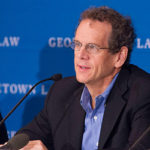
David Cole
David Cole is the National Legal Director of the American Civil Liberties Union. Before joining the ACLU, he was Professor in Law and Public Policy at the Georgetown University Law Center. He is the author of Terrorism and the Constitution, The Torture Memos, and Engines of Liberty.
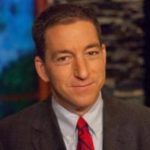
Glenn Greenwald
Glenn Greenwald broke the story in The Guardian of Washington’s widespread electronic dragnet. His exclusive interview with NSA contractor turned whistleblower Edward Snowden was an international media sensation. He is the author of With Liberty and Justice for Some and No Place to Hide. He is the recipient of the Izzy Award from the Park Center for Independent Media for his “path breaking journalistic courage and persistence in confronting conventional wisdom, official deception, and controversial issues.” He also received an Online Journalism Award for Best Commentary for his coverage of Bradley Manning. He is co-founder of the watchdog media outlet The Intercept. He writes for Substack.
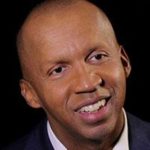
Bryan Stevenson
Bryan Stevenson is the founder and executive director of the Equal Justice Initiative in Montgomery, Alabama. He has gained acclaim for his work challenging the U.S. legal system’s biases against the incarcerated, the poor, and people of color.

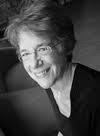
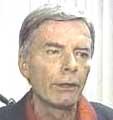

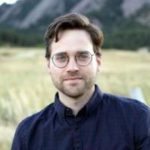


Reviews
There are no reviews yet.